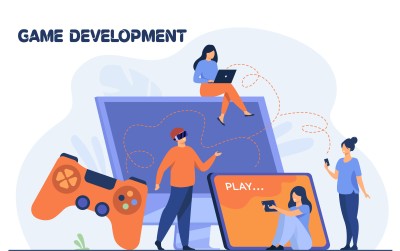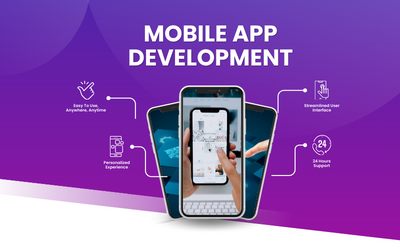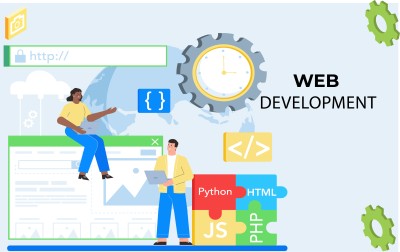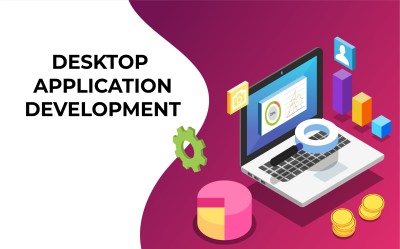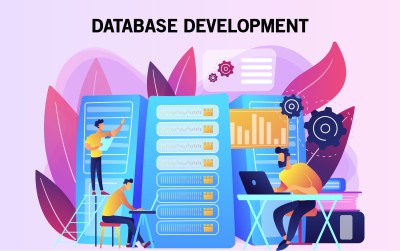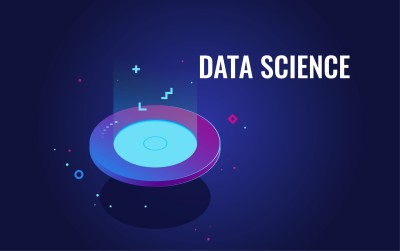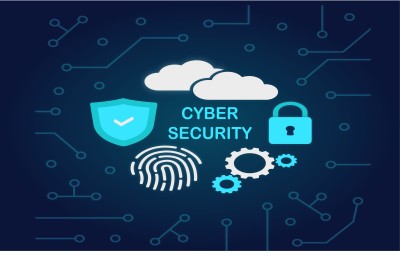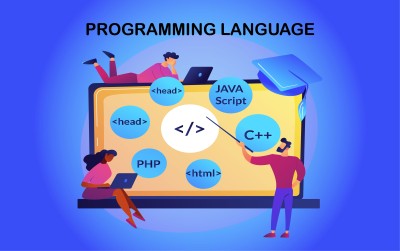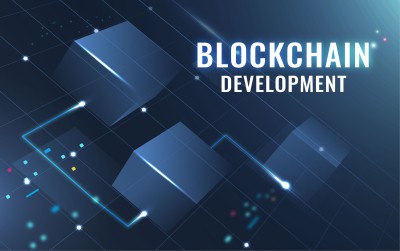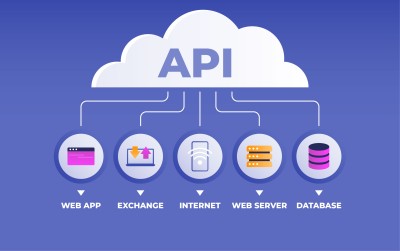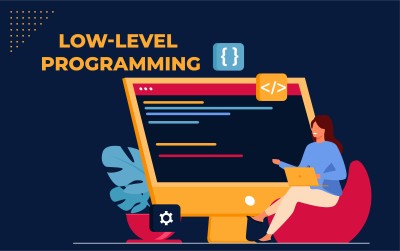Course description
Certainly! Game development is a fascinating field that involves creating interactive and engaging experiences for players. If you're interested in learning game development, here's a suggested outline for a comprehensive course:
**Course Title: Introduction to Game Development**
**Module 1: Fundamentals of Game Development**
1.1 **Introduction to Game Development**
- Overview of the game development process
- Different types of games and platforms
1.2 **Game Design Basics**
- Principles of game design
- Player experience and engagement
1.3 **Understanding Game Genres**
- Exploration of various game genres
- Identifying target audiences
**Module 2: Programming Foundations for Games**
2.1 **Introduction to Programming**
- Basics of programming languages (e.g., C#, Python)
- Variables, data types, and control structures
2.2 **Object-Oriented Programming (OOP)**
- Principles of OOP
- Classes, objects, and inheritance
2.3 **Game Development Frameworks**
- Introduction to popular frameworks (e.g., Unity, Unreal Engine)
- Setting up a development environment
**Module 3: Game Art and Design**
3.1 **2D and 3D Art Basics**
- Introduction to art tools (e.g., Photoshop, Blender)
- Creating sprites, textures, and models
3.2 **Animation Techniques**
- Basics of animation for games
- Rigging and character animation
3.3 **Level Design**
- Principles of level design
- Creating immersive game environments
**Module 4: Game Mechanics and Gameplay**
4.1 **Game Mechanics**
- Core gameplay elements
- Balancing and tuning
4.2 **User Interface (UI) Design**
- Designing user interfaces for games
- HUDs, menus, and feedback systems
4.3 **Gameplay Programming**
- Implementing game mechanics using code
- Player input and controls
**Module 5: Sound and Music in Games**
5.1 **Introduction to Game Audio**
- Importance of sound in games
- Basics of sound design
5.2 **Music Composition for Games**
- Creating and integrating music into games
- Emotional impact of music
**Module 6: Game Testing and Debugging**
6.1 **Quality Assurance in Game Development**
- Importance of testing in game development
- Different testing methodologies
6.2 **Debugging Techniques**
- Identifying and fixing common bugs
- Playtesting and feedback
**Module 7: Publishing and Marketing Games**
7.1 **Game Monetization**
- Business models for games (e.g., free-to-play, premium)
- In-app purchases and advertisements
7.2 **Publishing and Distribution**
- Publishing platforms and distribution channels
- Marketing strategies for indie developers
**Final Project:**
Apply the skills and knowledge acquired throughout the course to develop a small game. This project will serve as a portfolio piece to showcase your abilities to potential employers or collaborators.
Remember to adapt the course content based on the specific game development tools and technologies you plan to focus on, as well as the skill level of your target audience. Additionally, practical exercises, coding challenges, and real-world examples can enhance the learning experience.

